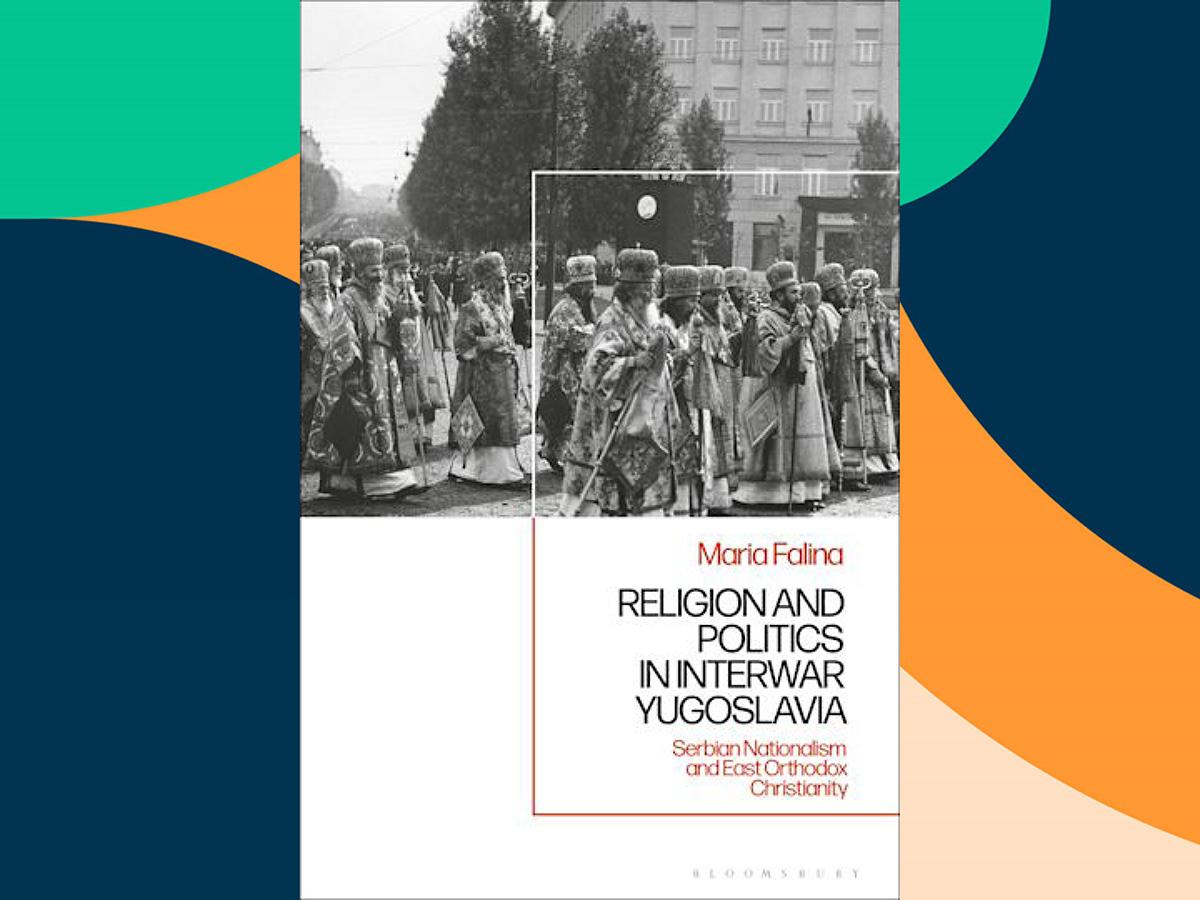

New book on Religion and Politics in Interwar Yugoslavia by Dr Maria Falina
A new book by Dr Maria Falina, assistant professor in European History at the DCU School of History and Geography, tells a complex story of how East Orthodox Christianity came to be at the core of one version of Serbian nationalism by bringing together the themes of religion, nationalism, politics, state-building, secularization, and modernity.
Religion and Politics in Interwar Yugoslavia explores the interaction between religion, nationalism, and political modernity in the first half of the 20th century, taking the case of the Serbian Orthodox Church as an example. This book historicises the bond between religion and nationalism in the Balkans, showing how the ideological fusion between Serbian nationalism and the Serbian Orthodox Church was forged.
Speaking about her new book, Dr Maria Falina said:
“The book charts the course of the Serbian Orthodox Church’s political evolution from the early 20th century to the end of the Second World War. It tells a story of how a political vision of the Church emerged in reaction to and in interaction with the challenges posed by political modernity - primarily by the establishment of multi-national and multi-religious Kingdom of Yugoslavia.”
Religion and Politics in Interwar Yugoslavia is available online here.
About the author:
Maria Falina is a historian of modern and contemporary Europe. She specialises in Eastern Europe, intellectual history, history of political thought, nationalism, and history of religion and politics. She holds a PhD in Comparative History of Central, Southeastern and Eastern Europe from the Central European University, Budapest (2011).
